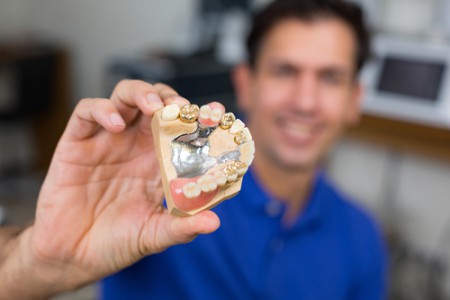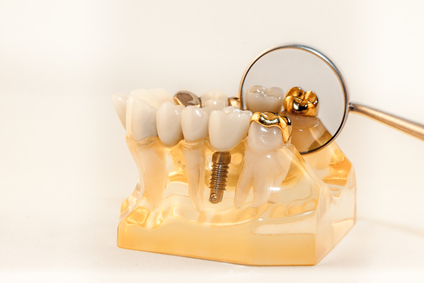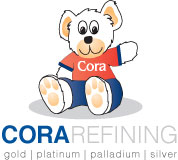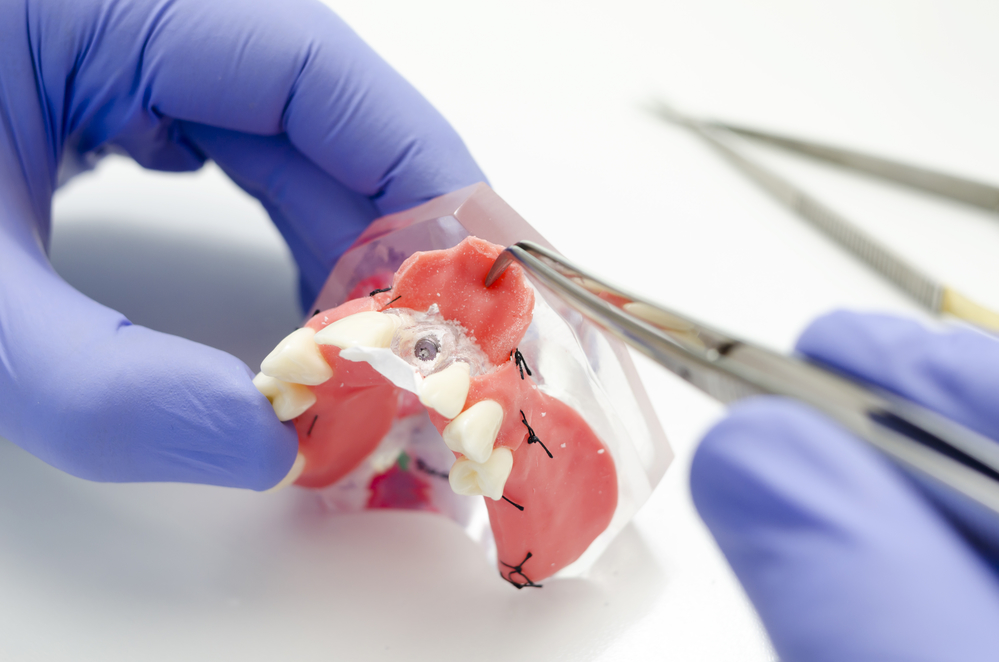Cora Refining is one of the nation’s leading dental refineries, working with dental offices and dental labs directly. We refine your collected dental scraps and turn them into cash! At Cora we work with many forms of precious metals and all materials that they are adhered to or mixed with.
But what is the best material for you as a dental lab technician to use from the start? The answer to that is not simple, as many factors affect the material choice– below we have addressed some of those factors and provided you with a fresh look at your choices.


Factors In Choosing What Material Is Best
Patient History
Although many dental labs do not work directly with patients, some do alongside a dentist. But regardless if you are right there next to the patient or reading the dentist’s notes and requests, the patient’s needs are always number one on your mind.
As a dental technician you must think about the patient’s physical characteristics: do they have a small mouth, crowded teeth, do they grind their teeth? Further, and perhaps most important for you to know, are they allergic to anything such as one of the materials you may use, like gold, tin, or nickel?
Consideration of the Natural Tooth
If a tooth is being capped, different materials require a certain amount of “space.” For instance, gold needs the least amount of “room” for itself, as it is very malleable. Therefore, more of the tooth can be left present.
By comparison, if zirconium is being used more of the tooth needs to be taken out in order for the zirconium to be fit as a crown. The patient or dentist may have a preference to leave more of the tooth intact, and therefore a material such as gold may be more suitable for them.
Chemical Reactions in the Mouth
Caps, crowns, bridges, and other dental work are often crafted with a mixture of precious metals and non-precious metals. The compositions are decided by some of the above factors, as well as the chemical compositions of the metals themselves. These mixed metals, or alloys, are then placed within the mouth of the patient.
The presence of perhaps dozens of dissimilar materials mixed together within the moist environment of the mouth creates galvanic currents between the metals. Some materials, such as those used in common dental amalgam fillings can be liquid mercury bound with silver, tin, and copper. While this provides a strong, durable, filling for the patient, it also runs a risk of the production of mercury vapor due to enhanced galvanic activity within the mouth.
Your Final Decision
It is important to see the big picture of all of the pieces that form the dental crown composition, whether it is gold mixed with silver, copper, etc. Taking into consideration the above factors and the chemical reactivity of the metals used, you’ll be able to choose the best composite alloy or material for the dental piece you are creating.
Cora Refining is happy to speak with dental technicians and work with your dental lab to provide you cash for dental scraps. We accept many types of dental scrap, from: crowns, bridges, wire, solder, inlays, onlays, partials, fillings, and more.
We accept many materials, not just the precious metals, as gold, palladium, and other precious metals are often adhered to teeth and mixed with other metals. This is not a problem for us as they will all be separated and broken down through our dental refining processes.
Simply collect your scraps throughout your lab during your normal cleaning process, request a container from us, ship it out, and sit back while we process your metals and turn them into cash for you!

